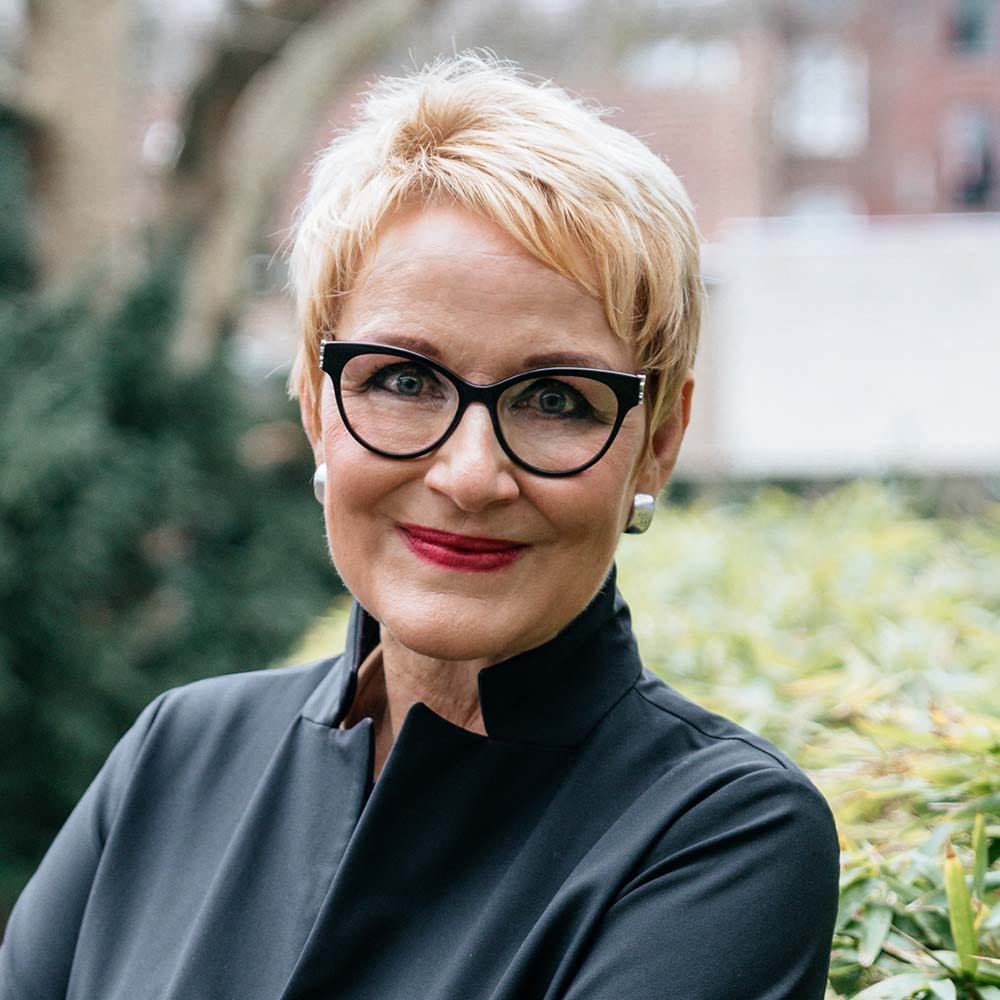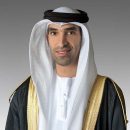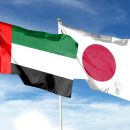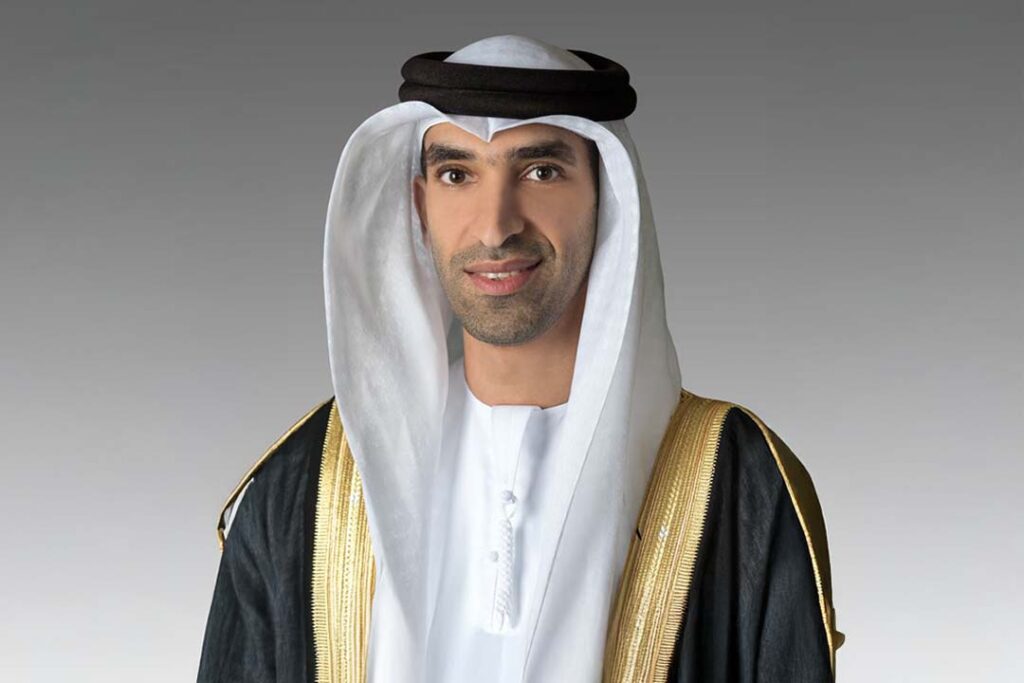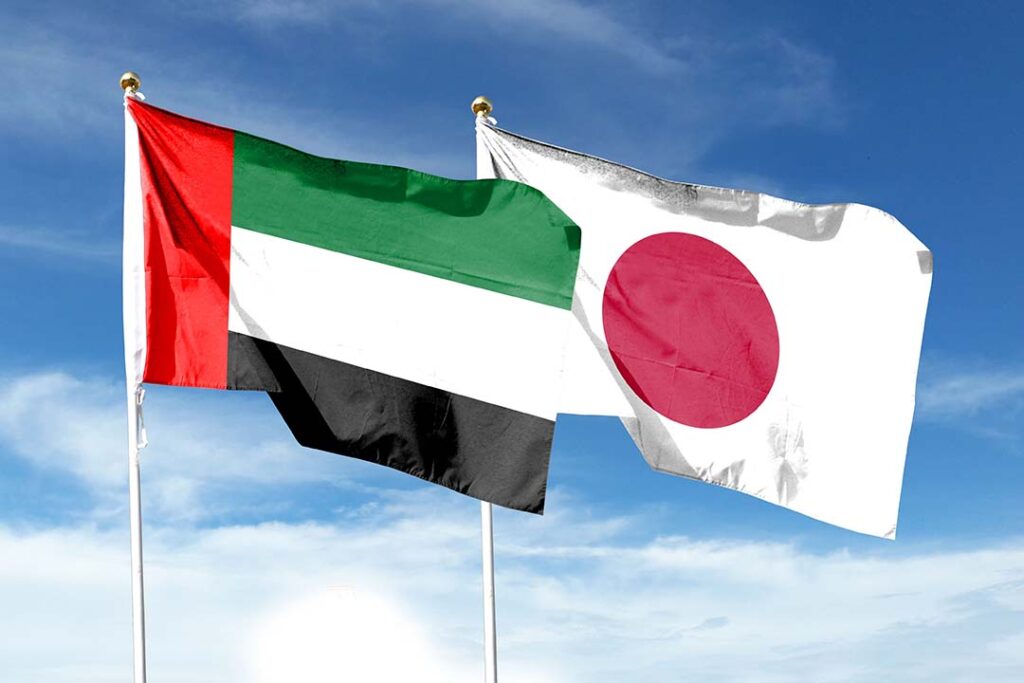Dr. Heike Döll-König, Managing Director of Tourismus NRW, shares insights into what makes North Rhine-Westphalia a compelling destination for Japanese tourists. From its rich cultural heritage and culinary delights to its breathtaking landscapes, the region offers unique experiences that attract visitors each year.
Can you tell us about your tourists from Japan? What attracts them to North Rhine-Westphalia, and what experiences have they yet to discover that they would enjoy? How many visitors come each year, and do they visit more for business purposes or for cultural, culinary, nature, and wellness-inspired experiences?
North Rhine-Westphalia is the third most popular travel destination in Germany for Japanese people. Before the coronavirus pandemic, around 85,000 Japanese visitors came to North Rhine-Westphalia each year, both for business and for holiday trips. Although Düsseldorf is home to the third-largest Japanese community in Europe, North Rhine-Westphalia is not yet as well-known in Japan as Bavaria, for example. Yet there are also fantastic places to discover here that Japanese people will love: For example, we have six Unesco World Heritage Sites, including Cologne Cathedral or the former Zollverein colliery, which is considered the most beautiful colliery in the world. It is probably the most famous symbol of the structural change taking place in the Ruhr Area. It used to be the most important industrial region in Europe, but now not only has the economy changed, we also have an incredible density of cultural offerings, from world-class museums to opera, concert, and theater houses, to the unique sites of industrial culture. These are places that were once used for industry, like the Zollverein Coal Mine, but today they are exciting cultural sites with a very special charm.
North Rhine-Westphalia is the third most popular travel destination in Germany for Japanese people.
Dr. Heike Döll-König, Managing Director of Tourismus NRW
In addition, North Rhine-Westphalia has many medieval half-timbered towns that Japanese visitors will love, for example Monschau in the Nationalpark Eifel. And of course, we also have exciting cities like Cologne, Düsseldorf, Münster, and Aachen, which delight many tourists with their wide range of cultural offerings, trendy districts, and their very different atmospheres. And don’t forget the Rhine, the famous German river that is the source of dreams and inspiration for many people.
With Düsseldorf known for its excellent and authentic Japanese cuisine, thanks to the third-largest Japanese community in Europe, what are some of your favorite Japanese restaurants in the area?
The Japanese quarter along Immermannstraße, known as Little Tokyo, is the place to be in Düsseldorf for anyone who loves Japanese culture. No other place in Europe offers such a concentrated expression of Japanese culture. And this is also where you’ll find the best Japanese restaurants.
North Rhine-Westphalia is famous for its star restaurants and unique culinary offerings. What are the best foodie districts or neighborhoods to explore?
Excellent food can be found in many places in North Rhine-Westphalia. You can choose from over 50 Michelin-starred restaurants for example. Of course, there is also traditional German cuisine, for instance the famous currywurst, a popular German fast food dish consisting of steamed and fried pork sausage, sliced and flavored with curry sauce and curry powder. If you are looking for something like this, the Ruhr Area is certainly the best place to go. Currywurst is available at many snack stands there. If you prefer to try good traditional German cuisine, you can also visit a rustic brewery or a cozy country inn, of which there are many in the more rural regions of North Rhine-Westphalia. Or are you looking for exciting international or fusion cuisine? You will find this type of food mainly in the large metropolises on the Rhine such as Cologne or Düsseldorf.
North Rhine-Westphalia is a top venue for trade fairs and exhibitions in Europe and hosts many festivals. Imagine a delegation of young executives with 48 hours to explore the region. What would you suggest they do?
When they come to trade fairs in Cologne or Düsseldorf, they can, of course, explore both cities. For example, they can visit the Cologne Cathedral or the Düsseldorf Old Town, which is known as “the longest bar in the world” due to its many restaurants, breweries, and bars, and enjoy the Rhenish joy of life. The “Medienhafen” (Media Harbour) in Düsseldorf or the shopping center “Kö-Bogen II” with its impressive architecture are also worth a visit. In April, the cherry blossom is also a highlight in many cities. Bonn is particularly famous for this.
The delegation can also venture a bit out of the city and, for example, climb the Drachenfels to enjoy the view over the Rhine or visit the Brühl Castles, also a UNESCO World Heritage site.
The great thing about North Rhine-Westphalia are the short distances, meaning there’s always something exciting to suit your taste, whether you want to dive into city life or enjoy the peace and quietness in the countryside. You can even combine both, as cities in North Rhine-Westphalia always have lovely parks where you can take a walk or have a picnic, for example.
The great thing about North Rhine-Westphalia are the short distances, meaning there’s always something exciting to suit your taste, whether you want to dive into city life or enjoy the peace and quietness in the countryside.
What exhibitions and festivals in North Rhine-Westphalia should not be missed?
Many leading international trade fairs that are of interest to Japanese companies and visitors take place in North Rhine-Westphalia, for example Drupa, the trade fair for the printing and graphics industry, or Anuga, the world’s leading trade fair for the food and beverage industry.
And when it comes to festivals, North Rhine-Westphalia also has world-class events to offer: Highlights on the calendar include the Beethoven Festival in Bonn, the birthplace of the great composer, and the Ruhr Piano Festival, the largest piano festival in the world.
How would you suggest visitors best experience North Rhine-Westphalia’s long beer tradition with Pils, Kölsch, and Alt?
Definitely by visiting a brewery. There you can sample the beers directly together with delicious food. Some breweries also offer guided tours, and you can even take part in a brewing seminar and learn how to brew beer yourself.
When is a good time to plan a nature trip or a healing and wellness retreat in North Rhine-Westphalia, and what can visitors expect at the health and spa resorts?
North Rhine-Westphalia has a moderate climate, so you can visit the region all year round. Spring and autumn are particularly good for hiking, but it’s usually not too hot in summer either. And you can also hike here in winter, with some special winter hikes on offer. If you like cycling, we also have a wide range of options, from leisurely river cycle paths to thrilling mountain bike trails.
And if you are planning a wellness holiday, this is of course also possible all year round. We have excellent hotels and spas throughout North Rhine-Westphalia for this purpose, as well as outdoor offers such as yoga in the forest, llama hikes or forest bathing.
The Teutoburg Forest is particularly well-known for its health offerings. With six state-recognized spas, one climatic health resort, four Kneipp spas, ten climatic health resorts and four recreational resorts, the region is also known as “Germany’s healing garden”. Here you can benefit from the power of nature and utilize many natural traditional remedies, such as moors, minerals and healing waters.

